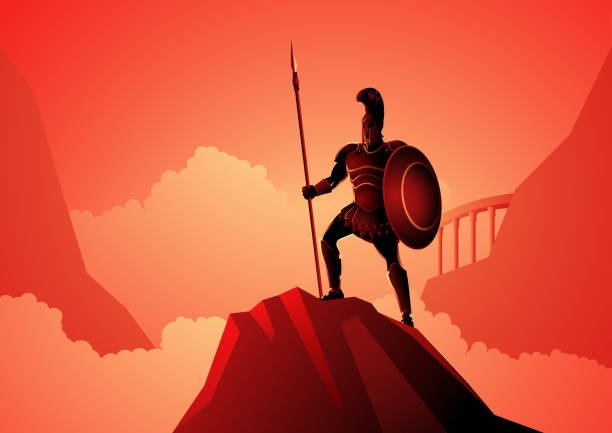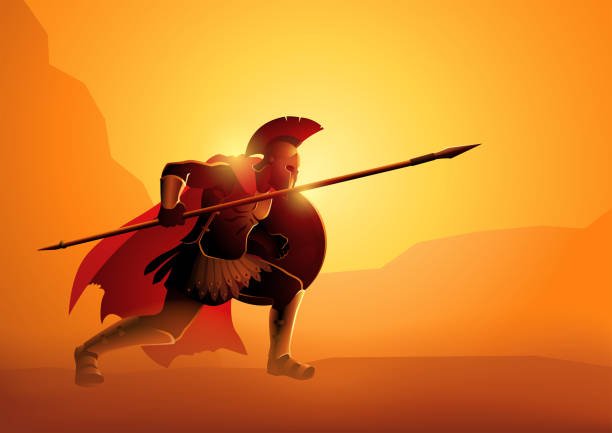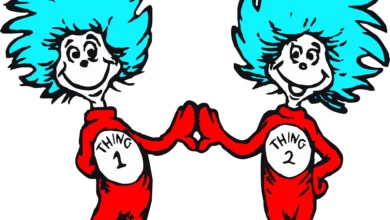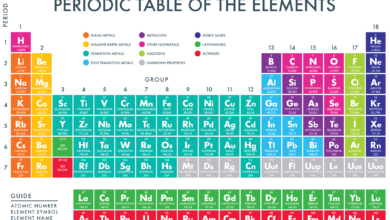Art:1fn-Lpoehbe= Ares God

The figure of Art:1fn-Lpoehbe= Ares God, the Greek god of war, serves as a compelling focal point for examining the intertwined themes of conflict and passion within human society. While often portrayed as a symbol of martial valor and chaos, Ares also encapsulates the complexities of desire and destruction, as evidenced by his relationship with Aphrodite. His multifaceted character raises intriguing questions about the nature of warfare and its representation in art and literature. What implications does this duality hold for our understanding of both ancient and modern narratives surrounding violence?
Origins of Ares
In the tapestry of ancient Greek mythology, Art:1fn-Lpoehbe= Ares God emerges as a complex figure embodying the duality of war and strife. Born to Zeus and Hera, his parentage positions him among the Olympian elite, yet his often-reviled nature reflects society’s ambivalence towards conflict.
Ares’ worship, primarily in Sparta, reveals a cultural reverence for martial prowess that underscores humanity’s intricate relationship with violence and freedom.
Read more: Art:0s2sop1kzoc= Female Plague Doctor
Attributes and Symbols
Although often perceived as a figure of chaos and brutality, Ares is richly adorned with attributes and symbols that reveal deeper layers of his character and significance within Greek mythology.
His personality traits—ferocity and unpredictability—are mirrored in the weapons he wields.
Moreover, his relationships with deities like Aphrodite and rivals like Athena highlight the complexity of his nature, transcending mere violence.
Ares in Mythology
Ares occupies a multifaceted role within Greek mythology, serving not only as the god of war but also as a complex representation of human conflict and emotion.
His relationships, particularly with Aphrodite and other deities, highlight the interplay between love and strife.
Ares’ worship often revolved around martial practices, reflecting society’s reverence for bravery, while simultaneously acknowledging the chaos of war.

Cultural Impact and Legacy
The cultural impact and legacy of Ares extend far beyond the confines of ancient Greece, influencing various aspects of art, literature, and modern interpretations of conflict.
Ares in art embodies the duality of war, often depicted in dynamic forms that capture both valor and chaos.
Similarly, Ares in literature serves as a poignant symbol of human struggle, reflecting society’s complex relationship with aggression and power.
Read more: Art:0uhhy3q0lfy= Hotline Miami
Conclusion
In conclusion, Art:1fn-Lpoehbe= Ares God, the embodiment of war’s ferocity and passion, remains an enduring figure within the tapestry of mythology. His complex persona encapsulates the tumultuous relationship between love and conflict, resonating through centuries of art and literature. The legacy of Ares, a titan of martial prowess, continues to shape cultural narratives, serving as a powerful reminder of humanity’s relentless struggle with the dual forces of chaos and desire. The echoes of his fierce spirit reverberate through time, captivating the imagination.






